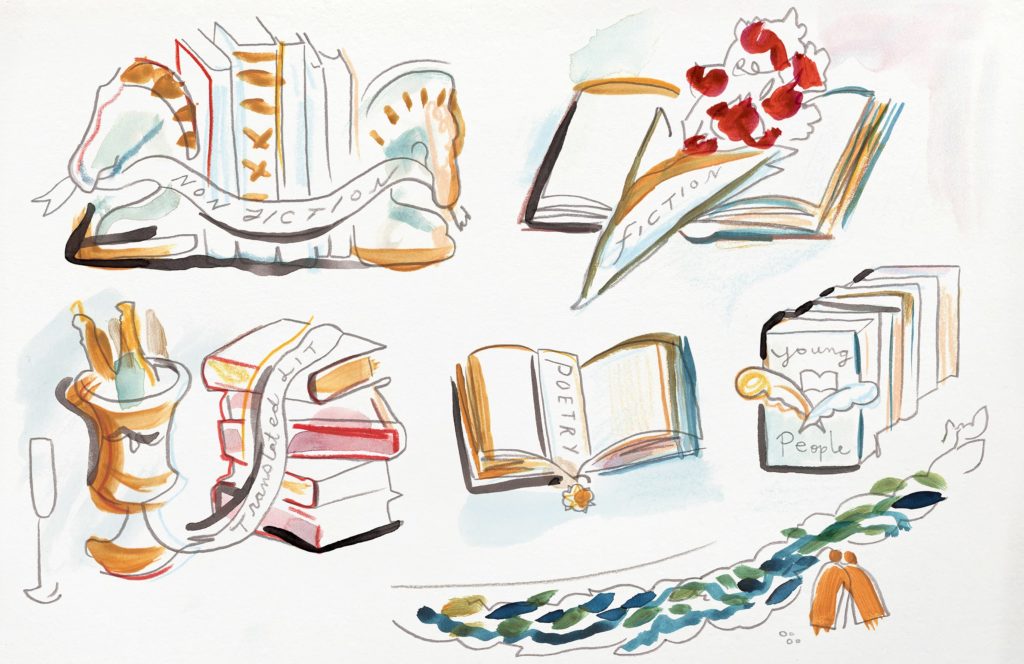The most dangerous silence is the silence people keep until it's ‘safe’ to break it.” ‘Nuf sed ..
“Who hasn’t cried when others cried, laughed when others laughed, jumped for joy when others jumped. We feel what others feel by making their postures, movements, and expressions our own. Empathy jumps from body to body.”
Happy Antipodean: A Year in Review 2019 with references to fires and dates - smoke levels
Happy Antipodean: A Year in Review 2019 with references to fires and dates - smoke levels
Happy new year.
Happy new decade.
May we survive it.
I know that everyone else is talking about Australia, out of control fires and the insanity of Sydney’s fireworks, but I am going to do
Read the full article…
A great deal must changeRead the full article…
"...The grammar is deliberate and my style (although I tend to refine it somewhat when writing for publication)

The spelling is checked – but it’s very hard to see your own mistakes when you’re writing a lot, especially early in the morning
The fact is that this is a blog – a stream of consciousness
I could polish it, but then it would not be a blog"

Privatisation is killing Sydney's famous New Year's Eve spirit
Many public parks (especially on the north shore) with superb harbour vantage points are now ticketed and sold out.
“The joke in Soviet days when you spoke with people who were trying to study history was ‘You never know what will happen…yesterday’.”
Such manipulation of history is ongoing today.
“Around the world, not just the present but the past has become a battleground. Those right-wingers were in Charlottesville to protest a plan to remove a statue of the Confederate General Robert E. Lee. In Hungary, a German ally in the Second World War, monuments have been installed and museum exhibits altered to portray Hungarians, not Jews, as victims of the Nazis. In the 1990s, many Russians told me of their hope that a few of the old Soviet labor camps could be preserved or restored as memorials to those who had died and reminders that such events must never happen again. Instead, at the only place where a restoration has been completed, near Perm, in the Ural Mountains, the camp has become a site of pilgrimage for enthusiastic followers of Vladimir Putin who want to celebrate the glorious days of Stalin’s rule.”
Humans have been developing their bodies and minds for millions of years. Natural selection has carried along characteristics that date back to our earliest origins as well as some that have developed along the way. Unfortunately, there is little record of this long history. We only attained the ability to leave lasting descriptions of our activities a few thousand years ago. Historians often make the mistake of assuming our behavior in that short, hectic, and chaotic period defines who we fundamentally are. Since the recorded history available to us was filled with war, violence, and male domination, it is assumed that those represent the core of our character. Given that background it is not to surprising that experts generally conclude that the origin of the humble handshake was as a mechanism of defense against a potential assailant. This source provides this explanation.
“The history of the handshake dates back to the 5th century B.C. in Greece. It was a symbol of peace, showing that neither person was carrying a weapon. ... Some say that the shaking gesture of the handshake started in Medieval Europe. Knights would shake the hand of others in an attempt to shake loose any hidden weapons.”
On the Origin of the Handshake—and Other Gestures
“Globally, grain [mostly wheat and rice] accounts for about 40 percent of the human diet; when you add soybeans and corn [animal feed], you get up to two-thirds of all human calories. Overall, the United Nations estimates that the planet will need nearly twice as much food in 2050 as it does today—and although this is a speculative figure, it’s not a bad one.”
“Women and children were particularly prized as slaves. Women were often taken into local households as wives, concubines, or servants, and children were likely to be quickly assimilated, though at an inferior status. Within a generation or two they and their progeny were likely to be quickly assimilated, though at an inferior status. Within a generation or two they and their progeny were likely to have been incorporated into the local society—perhaps with a new layer of recently captured slaves beneath them in the social order.”
“Women captives were at least as important for their reproductive services as for their labor…women slaves of reproductive age were prized in large part as breeders because of their contribution to the early state’s manpower machine.”
“’Domiciled’ sheep, for example, are generally smaller than their wild ancestors; they bear telltale signs of domesticate life: bone pathologies typical of crowding and a narrow diet with distinctive deficiencies. The bones of ‘domiciled’ Homo Sapiens compared with those of hunter-gatherers are also distinctive: they are smaller; the bones and teeth often bear the signature of nutritional distress, in particular, an iron-deficiency anemia marked above all in women of reproductive age whose diets consist increasingly of grains.”
“Evidence for the relative restriction and impoverishment of early farmers’ diets comes largely from comparisons of skeletal remains of farmers with those of hunter-gatherers living nearby at the same time. The hunter-gatherers were several inches taller on average. This presumably reflected their more varied and abundant diet.”





